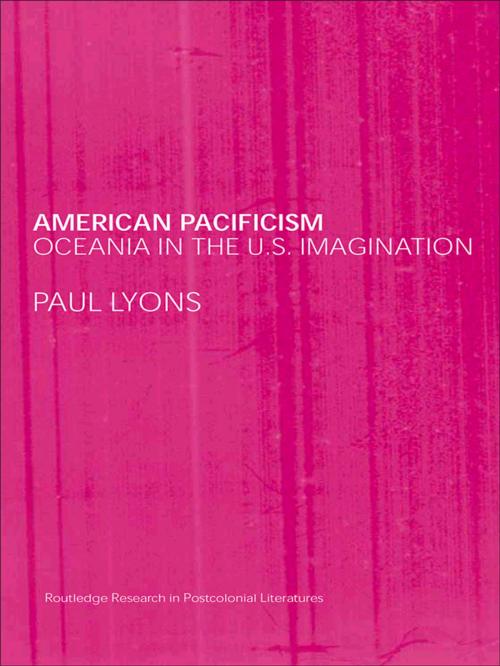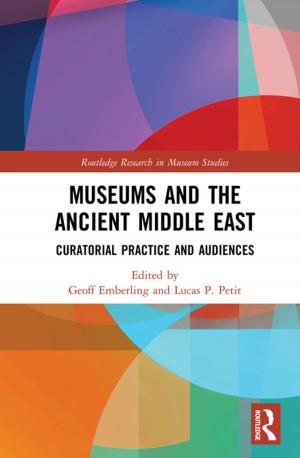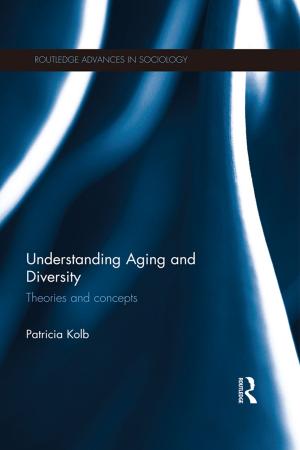American Pacificism
Oceania in the U.S. Imagination
Fiction & Literature, Literary Theory & Criticism| Author: | Paul Lyons | ISBN: | 9781134264148 |
| Publisher: | Taylor and Francis | Publication: | September 27, 2006 |
| Imprint: | Routledge | Language: | English |
| Author: | Paul Lyons |
| ISBN: | 9781134264148 |
| Publisher: | Taylor and Francis |
| Publication: | September 27, 2006 |
| Imprint: | Routledge |
| Language: | English |
This provocative analysis and critique of American representations of Oceania and Oceanians from the nineteenth century to the present, argues that imperial fantasies have glossed over a complex, violent history. It introduces the concept of ‘American Pacificism’, a theoretical framework that draws on contemporary theories of friendship, hospitality and tourism to refigure established debates around ‘orientalism’ for an Oceanian context.
Paul Lyons explores American-Islander relations and traces the ways in which two fundamental conceptions of Oceania have been entwined in the American imagination. On the one hand, the Pacific islands are seen as economic and geopolitical ‘stepping stones’, rather than ends in themselves, whilst on the other they are viewed as ends of the earth or ‘cultural limits’, unencumbered by notions of sin, antitheses to the industrial worlds of economic and political modernity. However, both conceptions obscure not only Islander cultures, but also innovative responses to incursion. The islands instead emerge in relation to American national identity, as places for scientific discovery, soul-saving and civilizing missions, manhood-testing adventure, nuclear testing and eroticized furloughs between maritime work and warfare.
Ranging from first contact and the colonial archive through to postcolonialism and global tourism, this thought-provoking volume draws upon a wide, rewarding collection of literary works, historical and cultural scholarship, government documents and tourist literature.
This provocative analysis and critique of American representations of Oceania and Oceanians from the nineteenth century to the present, argues that imperial fantasies have glossed over a complex, violent history. It introduces the concept of ‘American Pacificism’, a theoretical framework that draws on contemporary theories of friendship, hospitality and tourism to refigure established debates around ‘orientalism’ for an Oceanian context.
Paul Lyons explores American-Islander relations and traces the ways in which two fundamental conceptions of Oceania have been entwined in the American imagination. On the one hand, the Pacific islands are seen as economic and geopolitical ‘stepping stones’, rather than ends in themselves, whilst on the other they are viewed as ends of the earth or ‘cultural limits’, unencumbered by notions of sin, antitheses to the industrial worlds of economic and political modernity. However, both conceptions obscure not only Islander cultures, but also innovative responses to incursion. The islands instead emerge in relation to American national identity, as places for scientific discovery, soul-saving and civilizing missions, manhood-testing adventure, nuclear testing and eroticized furloughs between maritime work and warfare.
Ranging from first contact and the colonial archive through to postcolonialism and global tourism, this thought-provoking volume draws upon a wide, rewarding collection of literary works, historical and cultural scholarship, government documents and tourist literature.















